Hello, and Happy Friday!
I didn’t have a chance to publish my normal Friday morning post and I’m feeling analytical, so we’re switching gears a bit this afternoon to dive into a discussion about using food as a coping mechanism…
I’ve always been really interested in psychology and the way that people think, behave and interact. I’ve also always been passionate about food and healthy living, which is why getting my degree is communication studies and later on earning my health coaching certification both just made sense (Perhaps a Masters in psych is in my future as well, ya never know!).
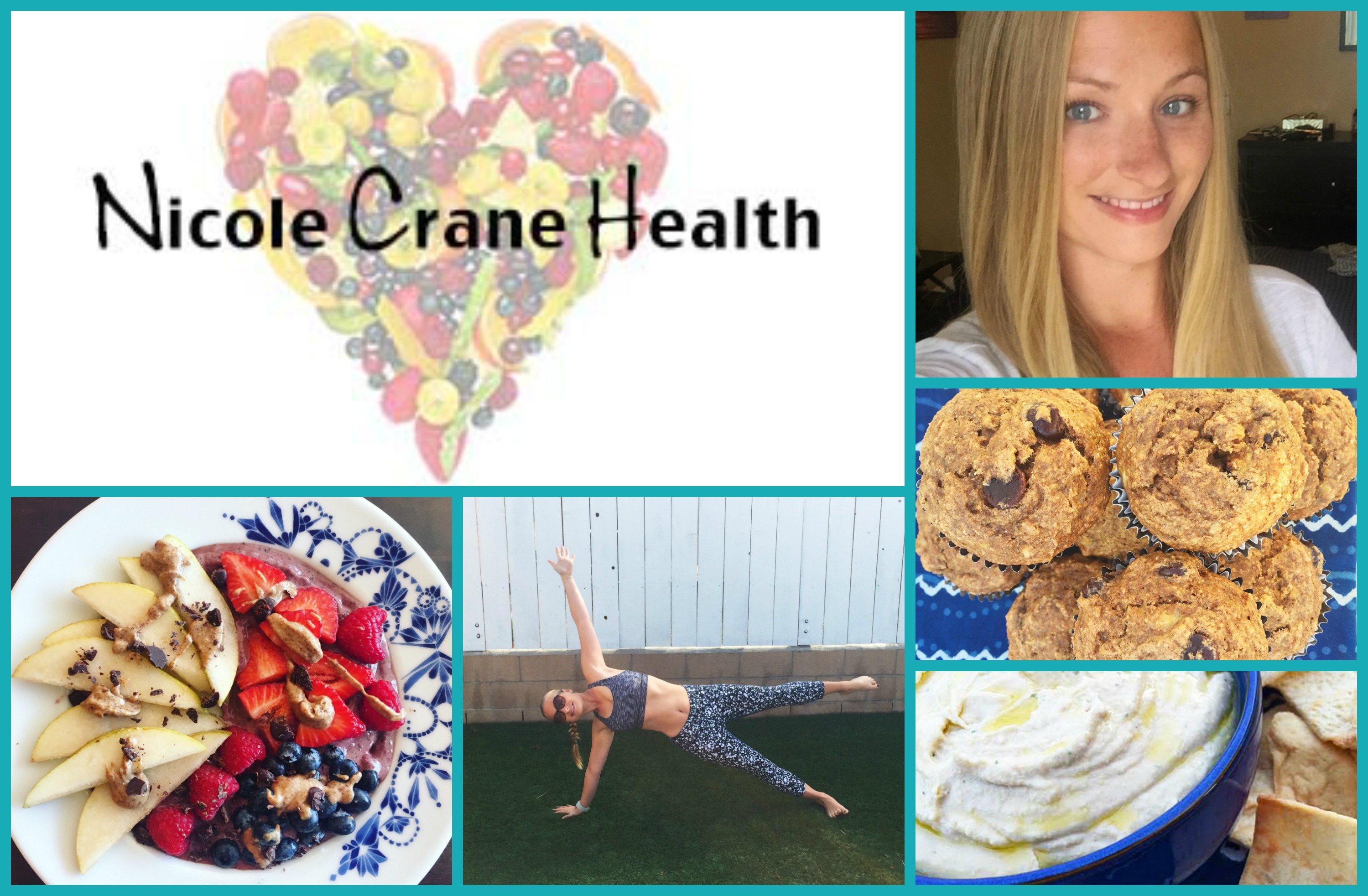
This is why I’ve always loved watching documentaries – particularly ones that relate to health (and also ones that relate to crime, but that’s a topic for another day…). My less interested husband must undoubtably feel that he’s spent far too much time watching documentaries of this nature, but I torture him with them because they intrigue me every time. One show that I find myself watching is TLC’s My 600 Lb Life.
The basic premise of the show is that each episode follows the life of a morbidly obese American as they attempt to lose weight through gastric bypass surgery and major lifestyle changes. It’s heartbreaking to see the stories of people who have ruined their lives and independence through their food addictions, and as a health coach, there’s one thing that really bothers me about their road to recovery: the lack of counseling to understand why these people got to where they are.
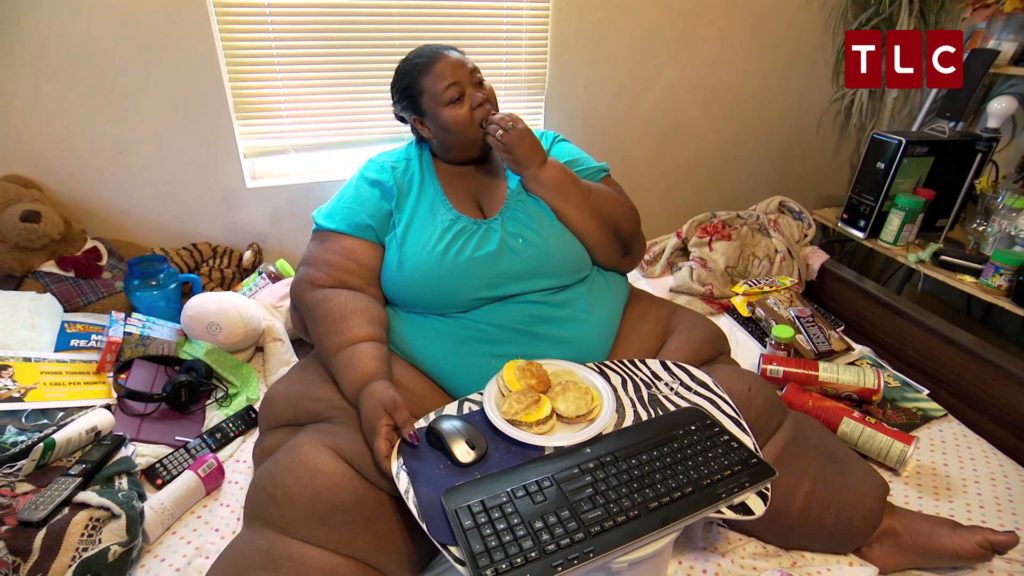
(Image via POPDUST’s YouTube page)
I know that there’s a lot we don’t see in a documentary, but from what I’ve not only watched in My 600 Lb Life, but what I’ve also personally heard from people who have undergone bariatric surgeries, there’s such a detrimental lack of therapy in understanding the reasoning behind it all.
People don’t eat 10,000 calories a day because they’re hungry, and the human relationship with food is complicated. The obesity epidemic is a result of a combination of things, including addiction to chemicals/additives put in the “food” that people eat, poor habits learned, a society with an increasingly sedentary/fast food lifestyle and emotional eating.
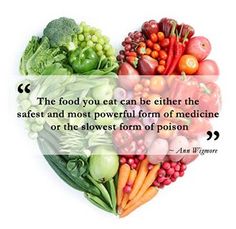
That last reason is highly underrated. Food is a coping mechanism, and has been referred to as the most widely abused drug in America for good reason. So many people deal with the trauma they’ve experienced in their lives by turning to food, and until those issues are recognized and dealt with, the underlying problems are still there. It’s difficult enough to lose weight, let alone lose weight and keep it off with the emotional baggage that’s shaped your food relationship still weighing you down.
I was just recently having a discussion with a guy whose wife has lost 200+ pounds and is struggling to keep it off, and when I brought up the emotional element involved, he said that she would absolutely benefit from going to counseling to talk about her habit of coping with low self-esteem and struggles in life by eating.
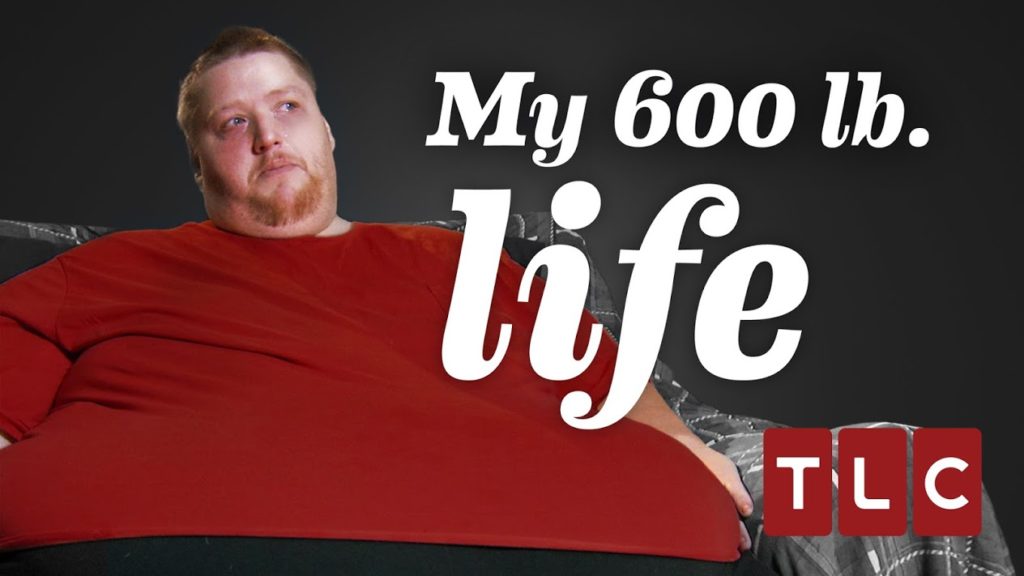
On My 600 Lb Life, it seems that a counselor is typically only brought in if the patient is having difficulties losing the weight. In my opinion, a professional that specializes in the psychology behind food relationships, like a therapist or health coach, should always work with these obese patients. In fact, I think that it should be a requirement before getting any kind of bariatric surgery.
As a society, how can America truly improve the obesity epidemic that it’s in if we’re just putting band-aids on the issues with solutions like gastric bypasses and restrictive diets? It’s no wonder that the majority of bariatric patients gain most of the weight that they’ve lost back. We need to address the underlying issues of emotional eating, and if we do that, a lot of people will reach healthier weights and stay there.
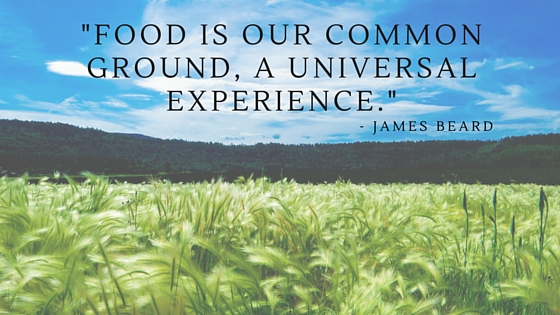
(Source)
As always, balance is key. Food is a part of life. It’s bound to be connected to memories and emotions – whether for good or for bad. That’s just our human biology. We not only rely on food to survive, but for many of us, it’s a relationship that brings us joy (Hell, I’m a foodie!). But if you’re using food as a coping mechanism, it’s become an unhealthy relationship. Recognizing when your balance is out of whack and working towards a better balance is the key to a healthy relationship with food – it’s the key to better relationships in general.
No questions, just share your thoughts below!
Shoot me an email or check out my health coaching page if you’re interested in learning more about my program.
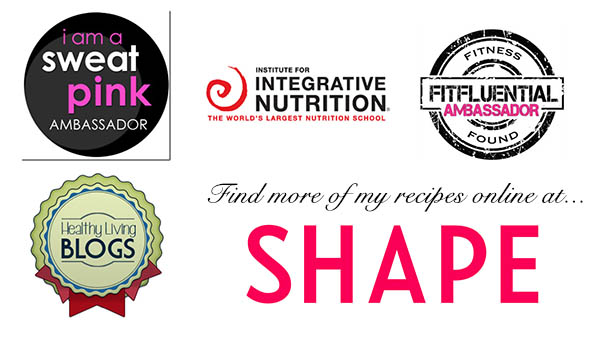
I’ve watched that show before, and yeah it is sooo sad.. What you’re saying makes a lot of sense. Eating your emotions might feel good at the time, but it can only hurt you in the long run
Hello! I was featured on this show. Your insight is on point except for one minor and erroneous assumption: counseling and psych evaluations are required by Dr. Nowzaradan for all his patients. We also work with a dietician and recieve a booklet on nutrition weeks before surgery. It is really hard to tell the story of a year in a single hour. Often the prepatory work goes unfilmed or unaired. Our surgeon is responsible and compassionate. Our failings are our own.
Thanks for your comment. I have no doubt that you receive nutrition advice & psych evals prior to surgery, and yes, I wholeheartedly understand that there’s a lot that goes on that isn’t shown on the show. But what I’m suggesting is that all bariatric patients in general should take part in ongoing health counseling to dive deeper into the emotional ties and psychological issues that are deeply rooted in their diets and food habits. I know a lot of bariatric patients that never had to do any type of ongoing counseling, and to me, that often neglects getting down to the real issues. Thanks for reading, and best of luck to you in your health journey!
Interesting Nicole! I have an extremely extremely hard time with shows like this, they literally hurt me. I don’t know why but I just feel horrible and want to be able to help in some way. To be honest with you, I’m sure 90% of the population could use some type of coaching whether it be health or life or something to help them sort our their thoughts and feelings and how they relate to their actions. Great topic!